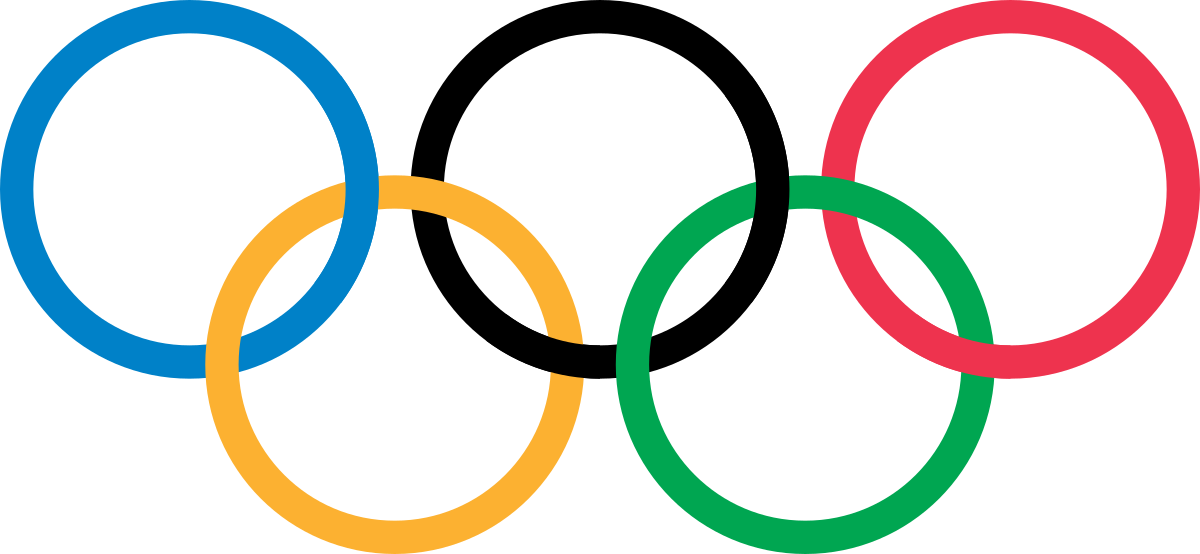When national ice hockey teams compete in the upcoming Winter Olympics, which team receives the only gold medal for the sport could be determined by an individual skills competition between one skater and one goalie. There has to be a better way to determine a championship team on the world stage.
The International Olympic Committee should remove shootouts from the elimination rounds of ice hockey games. As of now, Olympic competitions hold to International Ice Hockey Federation overtime rules, which have 10 minutes of 4-on-4 sudden death hockey in the qualification, quarterfinal, and semifinal rounds before resorting to a five-round shootout to break a tie if necessary. Now, they at least seem to recognize that a gold-medal game deserves better, because the finals don’t turn into a shootout until after the 4-on-4 has gone for 20 minutes with nobody scoring. Even still, elimination games should never be determined by a shootout.
The goal of the Olympics is to champion the country with the best team in the world. A shootout does not determine which team is best. In four out of the seven times a National Hockey League team has finished a season with a shootout win percentage of 1.000, that team didn’t even make the playoffs. The 2016-2017 Detroit Red Wings were one of these teams. They finished the season with a 9-0 shootout record, but that contributed to a total of only 33 wins in 82 games.
On the three occasions that teams with a perfect season record in shootouts did make the playoffs, none of those teams made it to the Stanley Cup Final. Two of them didn’t even make it past the first round.
The National Hockey League uses these skater-versus-the-goalie shot contests as a tiebreaker during the regular season if neither team has scored after five minutes of three-on-three overtime. This is an acceptable way to limit the length of games and keep teams from wearing themselves out in long overtimes over six months of play. The odds of winning a shootout also tend to even out over the course of an 82-game season. For example, the 2013-2014 Washington Capitals currently hold the record for taking part in the most shootouts in one season: 21. They won 10 and lost 11.
But the NHL doesn’t use shootouts in the playoffs because there’s no way to even out the playing field later when you’re in a winner-takes-all situation. The Winter Olympics should follow suit for their elimination-round hockey games, or at least in the medal rounds.
In the NHL playoffs, overtime just continues the 20-minute periods of five-on-five play until one team scores. This is the optimal way for the best team of players — not individual athletes — to win a championship. It tests the defense, scoring depth, and endurance of the team, to say nothing of the fact that it’s exciting for spectators to watch bonus rounds of high-stakes hockey.
The shootout format focuses only on the abilities of the goalie in net and the skaters chosen that night. Unlike the rest of hockey, it’s not a team sport. It’s solely based on individual skill. The international system even emphasizes the shootout as an individual competition by allowing a team to reuse the same forward for multiple shot attempts. While the NHL limits each player to one shot each in order to include more of the team, the international format allows a mediocre team to squeak into overtime and then win by riding on the back of one forward’s ability on a breakaway. In the 2014 Sochi Olympics, USA defeated Russia by using T.J. Oshie, one of the best shootout performers in the NHL during that time, for six of the team’s eight shootout attempts.
A big team achievement should be rewarded to the team that works together, not one that just relies on their best scorers and a lot of luck.
Hockey isn’t a game of stars like basketball. Don’t reward a team for one man’s success.

